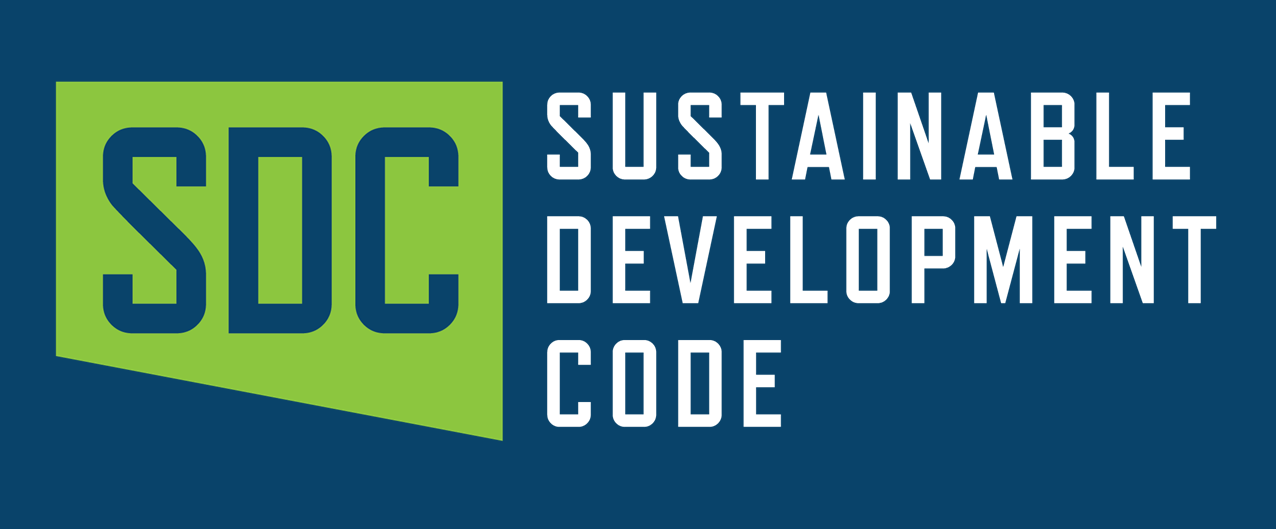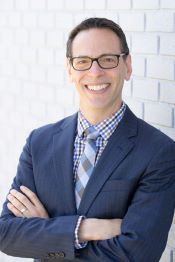Virtual Session
12:00 - 1:00 PM
About the Presentation:
 The mission of the Sustainable Development Code is to help all local governments build more resilient, environmentally conscious, economically secure, and socially equitable communities.
The mission of the Sustainable Development Code is to help all local governments build more resilient, environmentally conscious, economically secure, and socially equitable communities.
The Sustainable Development Code offers best practices for community development. It is estimated that 50-75 million more people will live in the U.S. by 2040. This increase in population plus aging buildings suggest that an additional 90 billion sq. ft. of commercial, retail, and industrial space and 80 million new residential units will be needed. At current rates of expansion, accommodating the additional space and units will result in the destruction of greenfields the size of Oklahoma. In addition, many development codes are decades old and not prepared to confront today’s changes, such as environmental changes like climate change and invasive species, economic changes like the sharing economy and autonomous vehicles, and societal changes like obesity, safety, and inequality.
SDC is comprised of three levels: subchapters, recommendations, and briefs. SDC contains 32 subchapters that serve as a menu for local communities to choose the issue confronting them. For each of the 32 subchapters, the SDC makes 25-35 recommendations to amend development codes. The recommendations are categorized as “removing obstacles” (what in the existing code is harming your community), “create incentives” (where can we look to encourage developer, homeowner, and others’ actions), and fill regulatory gaps (what are the minimum standards your community will accept).
For more information, please visit: https://sustainablecitycode.org/
About the Speakers:
 Jonathan Rosenbloom
Jonathan Rosenbloom
Executive Director
Sustainable City Code
Jonathan Rosenbloom is a Professor of Law at Albany Law School and was previously the Associate Dean of Academics at the Vermont Law School and the Dwight D. Opperman Distinguished Professor of Law at Drake University Law School. He is the author of numerous articles on local sustainability, author of the book Remarkable Cities and the Fight Against Climate Change: 43 Recommendations to Reduce Greenhouse Gases and the Communities That Adopted Them, co-author of two textbooks Resilience & Sustainability: From Theory to Practice (Aspen 2018) and Land Use and Sustainable Development Law: Cases and Materials (9th ed. West 2017), and co-editor of Routledge Handbook of the Study of the Commons (Routledge/Taylor & Francis Group 2018) and Beyond Zero-Sum Environmentalism (ELI 2019). He received his Bachelors in Architecture from the Rhode Island School of Design, JD from New York Law School, and LLM from Harvard Law School.

